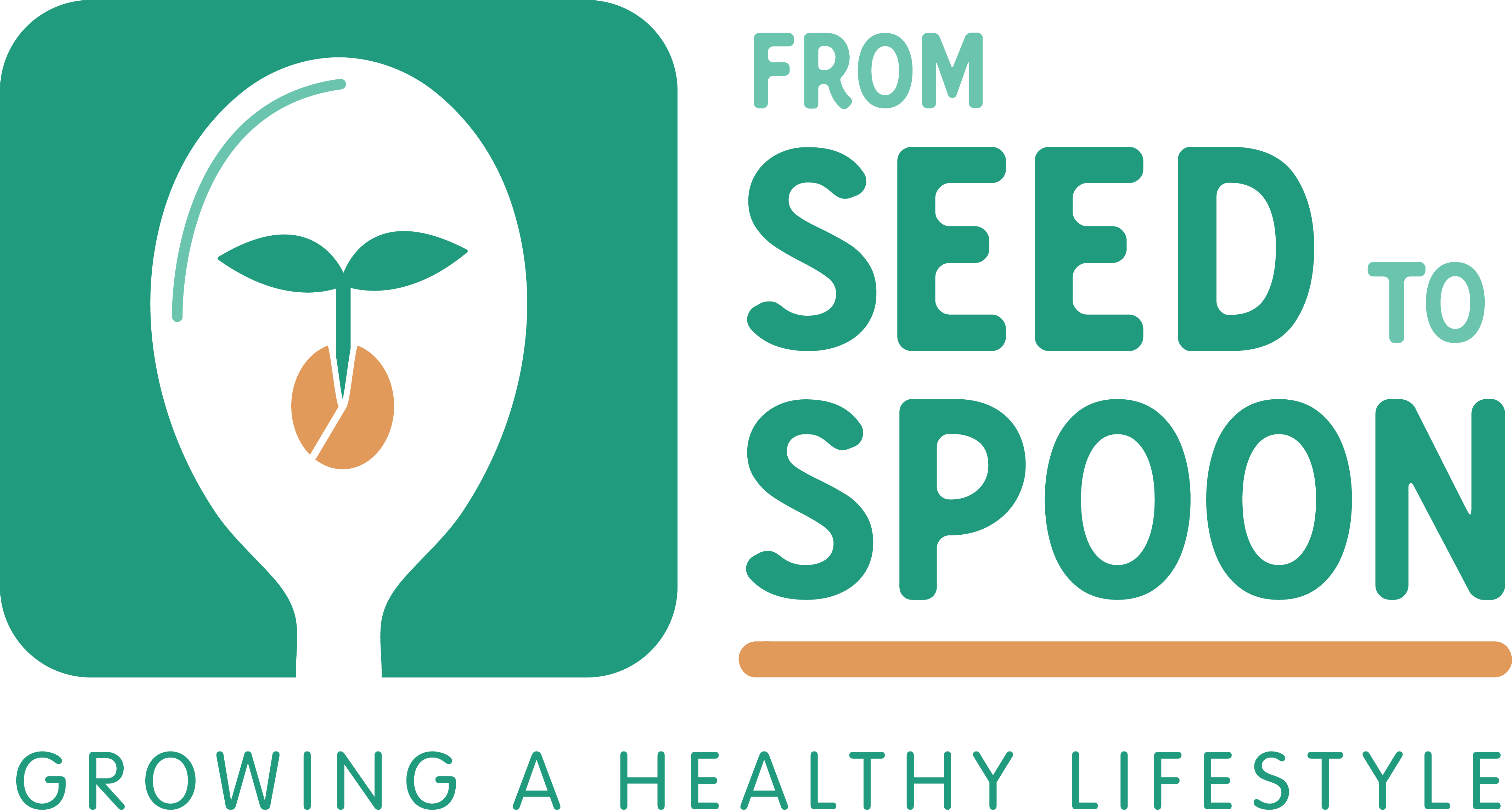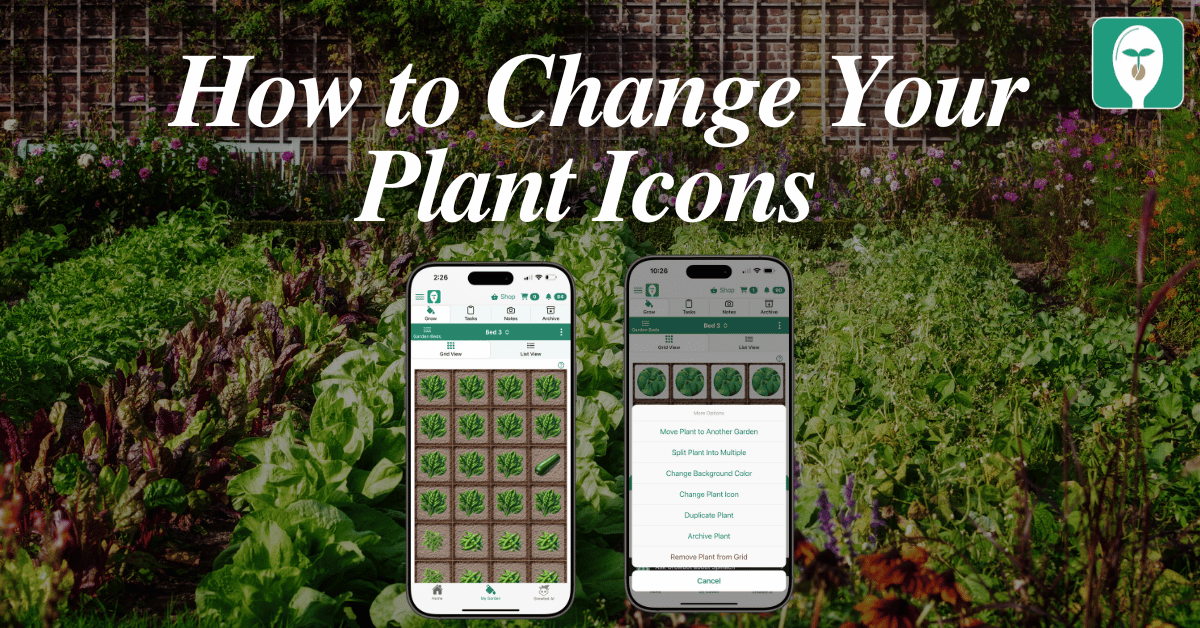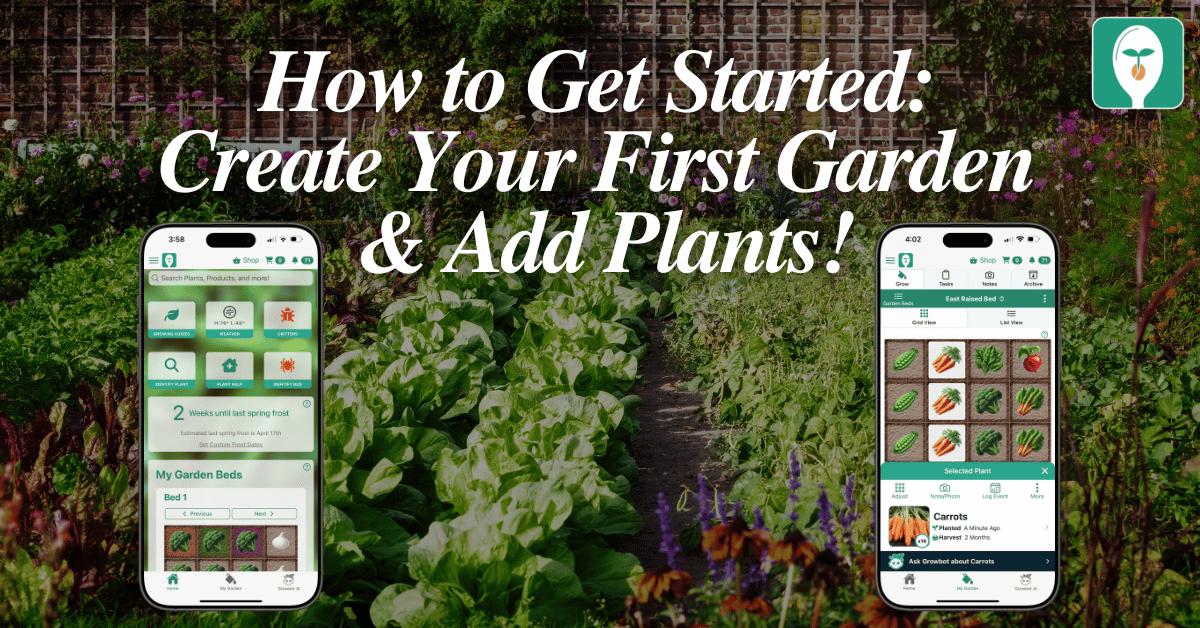Pollination management is a pivotal aspect of gardening, particularly for those who cultivate a variety of crops each with their unique requirements. The insightful video “How Will Pollinators Get To Our Plants?” sheds light on effective strategies for crops that don’t require pollination, and preparations for those that do. Here’s a detailed guide on how to master pollination in your garden across different seasons.
Understanding Seasonal Crop Needs
Cool-Season Planting
During the cooler months, certain crops can thrive without the need for pollinators. This is an excellent time to focus on:
- Greens: Such as lettuce, spinach, and bok choy, which grow well in cooler temperatures and do not depend on pollinators.
- Brassicas: Including broccoli, cauliflower, and cabbage — staples of the winter garden.
- Root Crops: These are also well-suited for cool-season growth and do not require pollination.
Planting these types of crops when it’s cooler minimizes reliance on pollinators and ensures a steady output of fresh vegetables.
Warm-Season Pollination
As temperatures rise and crops like squash come into play, the need for pollination becomes essential. Here’s how to manage it:
- Protective Coverings: Early in their growth, young squash plants can be shielded from pests like squash bugs and vine borers with protective coverings.
- Manual Opening for Pollinators: Once the plants mature, these coverings can be opened during the day to allow natural pollinators such as bees to access the flowers.
This approach ensures that while the plants are safeguarded against early pests, they still receive the essential pollination needed for fruit production.
Practical Tips for Gardeners
- Timing is Crucial: Knowing the growth phases of your plants will help you decide the right times to use coverings and when to allow pollinators into your garden.
- Pest Management: Employing early prevention techniques with coverings can prevent the common pests that often devastate young plants.
Mastering pollination in your garden doesn’t have to be complex. With strategic planning based on the seasonal needs of your crops and employing protective measures wisely, you can ensure a productive garden year-round. Whether you’re cultivating self-pollinating greens or fruit-bearing plants that require visits from pollinators, a deeper understanding of each plant’s requirements can lead to a more successful and enjoyable gardening experience.
For more gardening tips and tricks, be sure to check out our From Seed to Spoon app, which offers personalized guidance on selecting and growing your own food efficiently and effectively!

Carrie Spoonemore, co-founder of “From Seed to Spoon,” stands as a beacon of inspiration for gardeners and health enthusiasts alike. Her journey alongside her husband, Dale Spoonemore, in creating a platform that demystifies gardening and promotes a healthier lifestyle, has made a significant impact on individuals around the globe. Through the “From Seed to Spoon” app, Carrie has dedicated herself to empowering people to take control of their health and environment by growing their own food.
With a profound belief in the power of gardening to improve mental and physical health, Carrie’s contributions to the Seed to Spoon blog reflect her holistic approach to wellness. Her articles often focus on the nutritional benefits of homegrown fruits and vegetables, organic gardening practices, and the mental health benefits of spending time in nature. Carrie’s expertise in health science shines through in her detailed discussions on how specific plants can contribute to a balanced diet and overall well-being.
Carrie’s passion for gardening is deeply intertwined with her commitment to family and community wellness. She frequently shares personal stories of how gardening has brought her family closer together, offering practical tips for involving children in gardening activities and making it a fun, educational experience. Her writing encourages families to explore gardening as a means of spending quality time together while learning about nature and sustainability.
In addition to gardening advice, Carrie’s contributions to the blog include insights into the use of technology to enhance the gardening experience. She has played a crucial role in designing the “From Seed to Spoon” app to be user-friendly, ensuring that users of all ages and backgrounds can navigate the complexities of gardening with ease. Her vision for the app is not just as a gardening tool but as a vehicle for change, inspiring individuals to adopt a more sustainable lifestyle by growing their own food.
Carrie Spoonemore’s presence on the blog is marked by her compassionate approach to teaching and her unwavering belief in the transformative power of gardening. Her work continues to inspire a community of gardeners to pursue a healthier, more sustainable way of living, proving that with the right tools and knowledge, anyone can become a gardener and advocate for their health and the planet.







